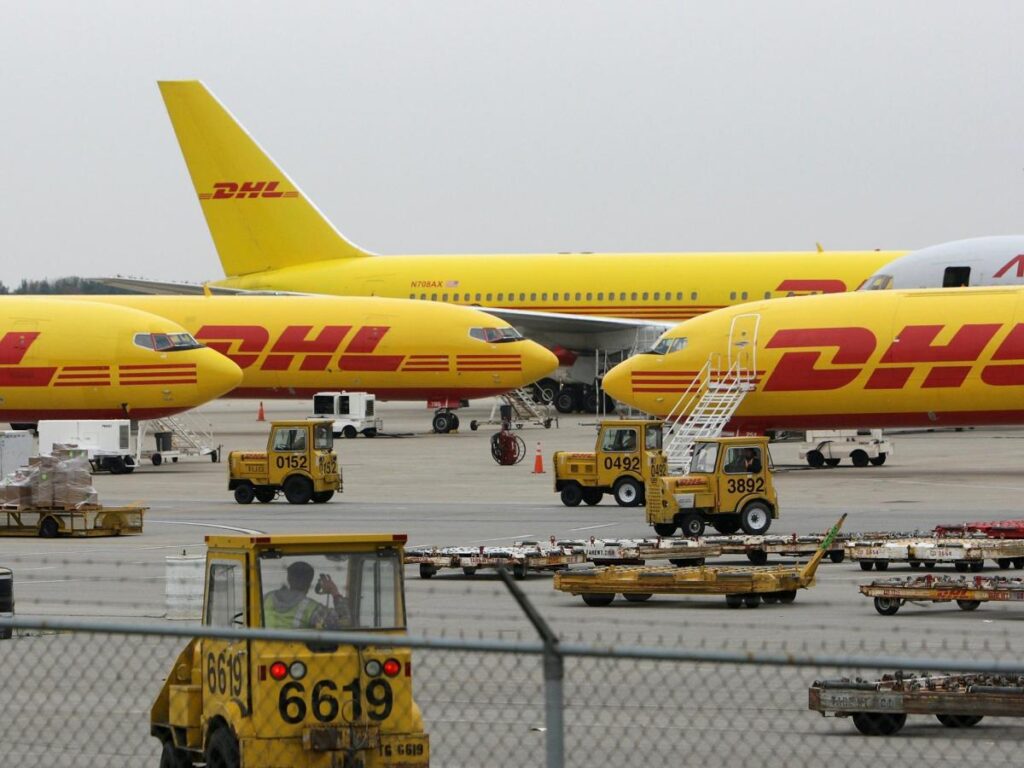In recent months, there have been rising concerns regarding suspected Russian sabotage activities targeting the air freight industry. This heightened apprehension follows two notable incidents involving fires at DHL warehouses in the UK and Germany in July. These events have caught the attention of Western officials who believe that they may be part of a broader strategy by the Kremlin to execute hybrid attacks across Europe. The air cargo sector is increasingly vigilant and ready to respond to these threats, reflecting heightened worries over cyberattacks and other forms of disruption that could target supply chains and critical infrastructure.
The air freight industry has a long-standing tradition of vigilance, particularly since the events of September 11, 2001. According to Brandon Fried, the executive director of the Airforwarders Association, the industry has continuously prepared for potential threats, regardless of their origins—be it state-sponsored actions or terrorism. Fried emphasized the resolve of the air freight community not to succumb to fear-based tactics, fostering a message of preparedness and alertness against potential sabotage. This communal vigilance is especially significant in light of the recent suspected incendiary incidents involving packages that could have escalated into more severe disasters.
Specifically, the DHL incidents reportedly involved packages that caught fire due to implanted electric massagers containing magnesium-based flammable substances. Investigations have revealed links to Lithuania, suggesting that these devices may have been part of a broader Russian plot to compromise air transportation to North America. The German intelligence agency’s leader, Thomas Haldenwang, commented on the precariousness of the Leipzig fire, noting that it was fortunate it occurred on the ground rather than mid-flight—a potential catastrophe that underscores the gravity of these incidents.
Concerns regarding Russian hybrid warfare tactics, which have evolved from traditional espionage to active sabotage, are corroborated by experts in the field. Frank Umbach, a research director at the European Cluster for Climate, Energy, and Resource Security, noted the marked increase in Russian operations targeting critical infrastructures across Europe, particularly in Germany. This reflects a broader trend of growing Russian aggressiveness, which has manifested in various forms of sabotage and even assassination plots against prominent figures, like the CEO of Rheinmetall, a company producing military supplies for Ukraine.
Amidst this backdrop, public messaging from Western intelligence officials suggests they believe Russian operatives are increasingly acting independently, with UK MI6 chief Richard Moore stating that Russian intelligence has “gone a bit feral.” This atmosphere of uncertainty raises the stakes, as analysts like Shashank Joshi caution that any EU or NATO member could be on Russia’s radar for potential sabotage efforts. Moreover, the German Military Counterintelligence Service has identified military assets and sites in Germany as principal targets for espionage, reinforcing the urgency of the situation.
In addition to physical sabotage, there is also evidence of cyberattacks and disinformation campaigns as integral components of the Kremlin’s approach. Russian state media entities have faced sanctions due to their role in disseminating false information, illustrating how cyber capabilities complement traditional kinetic actions. As noted by Keir Giles from Chatham House, the intertwining of information warfare with physical operations reflects a broad strategy employed by Russia in its aggressions, notably observed in their ongoing conflict in Ukraine. The likelihood of increased sabotage efforts appears high, with Western officials on guard against the potential for a sustained campaign targeting European security and stability.

